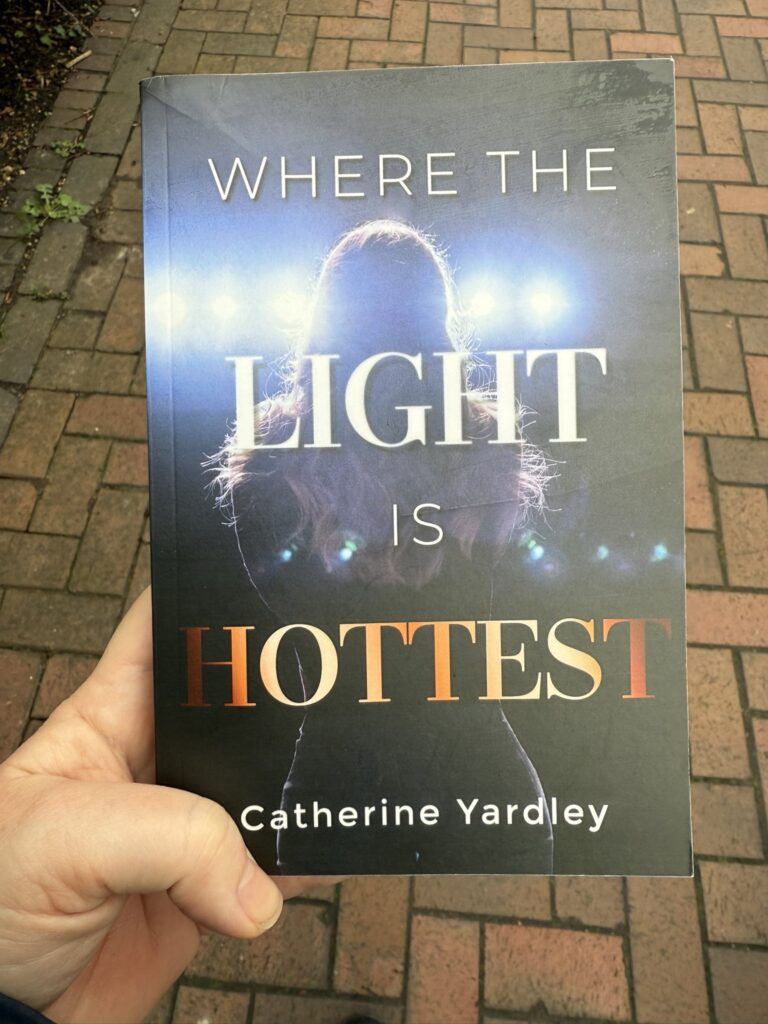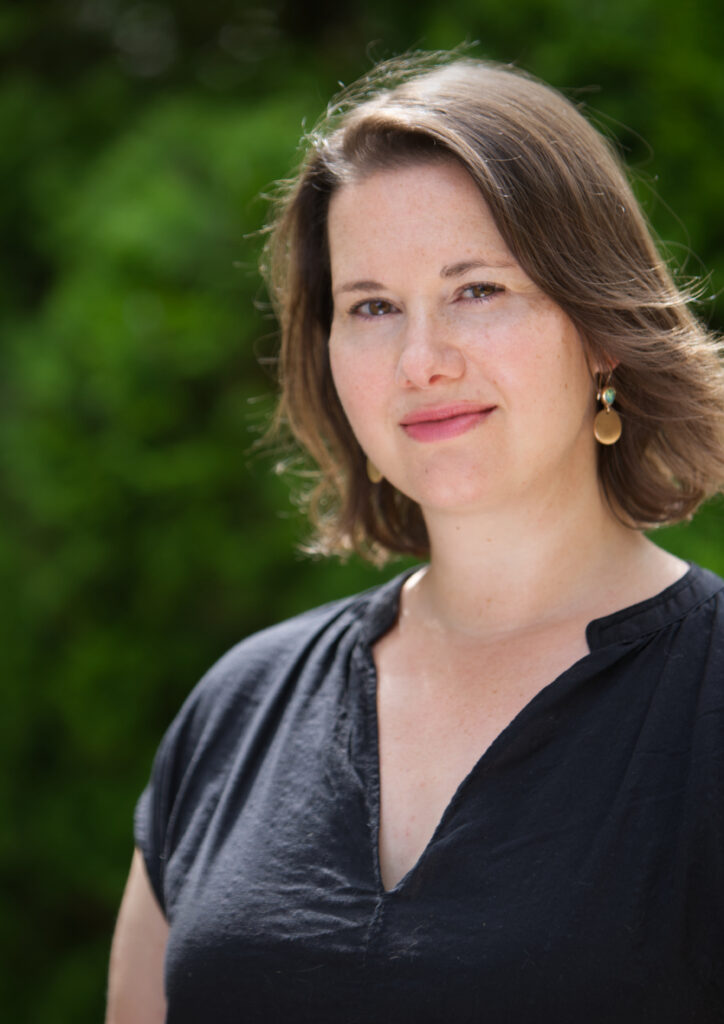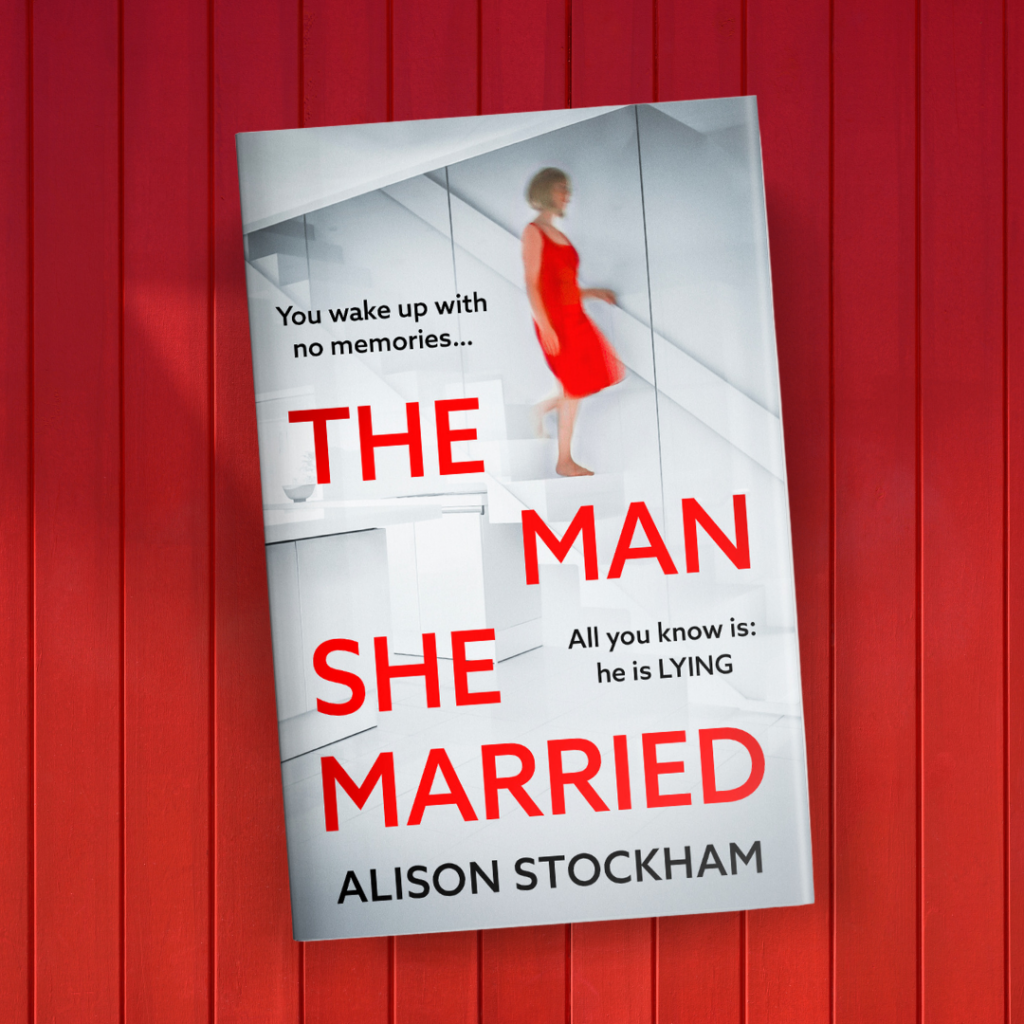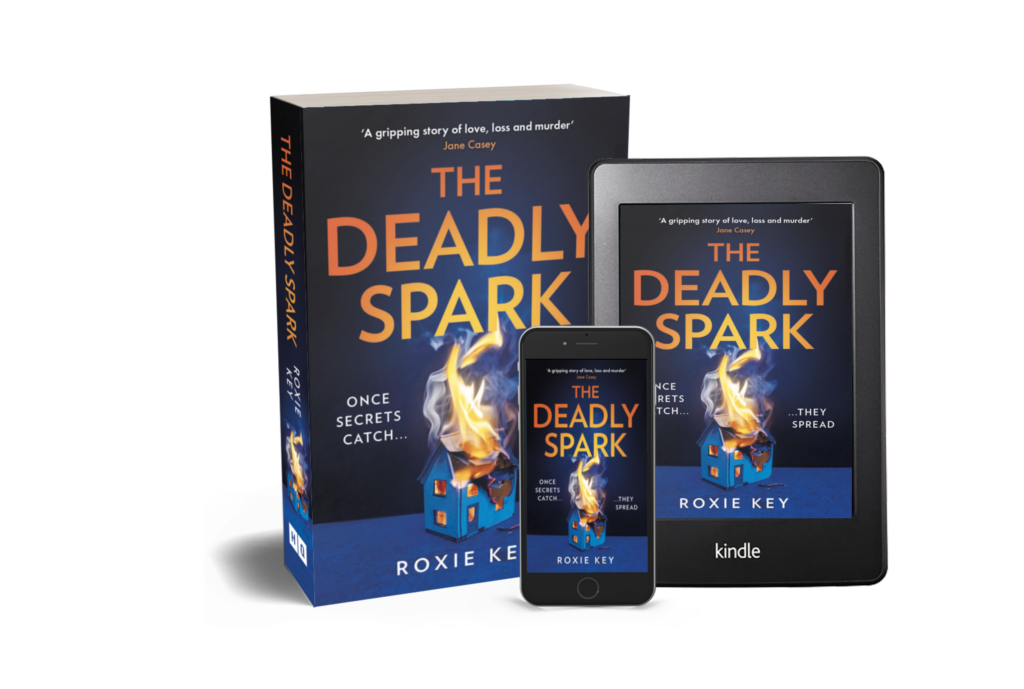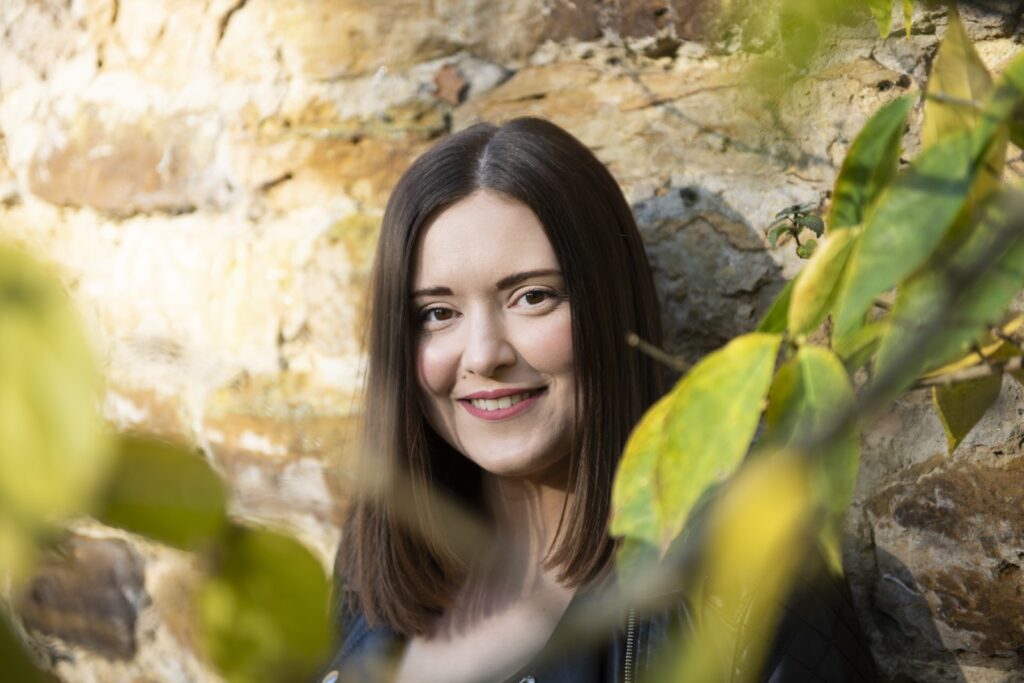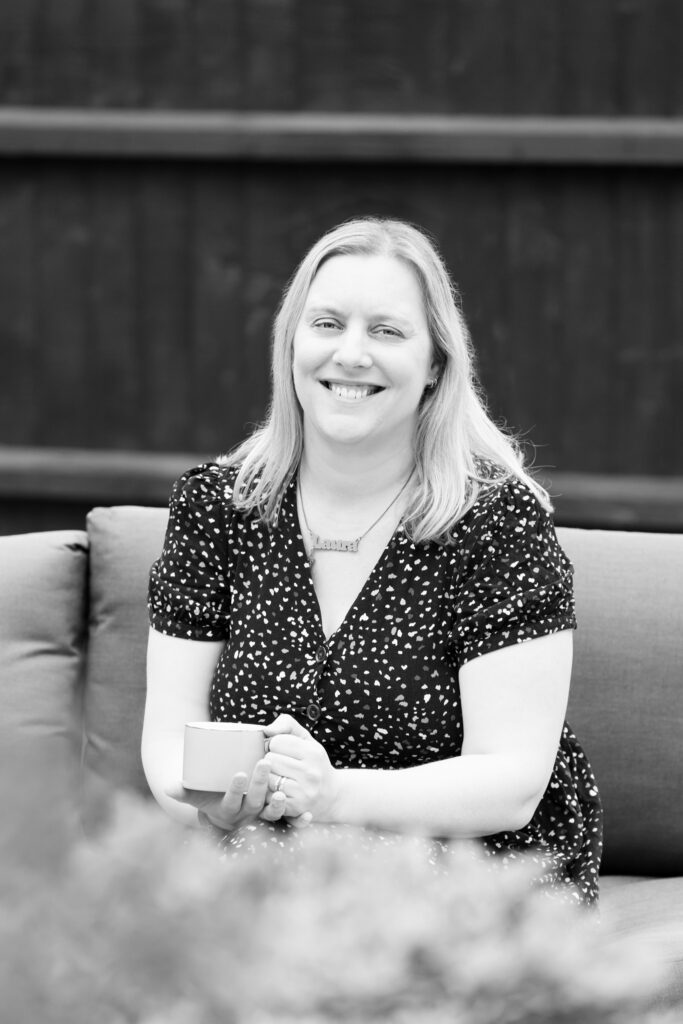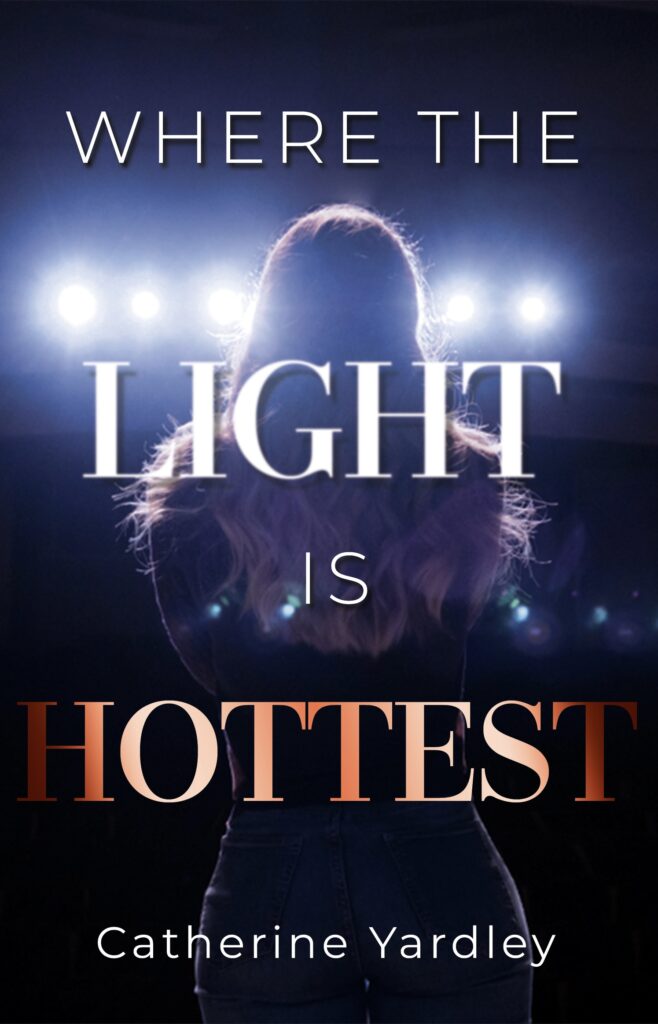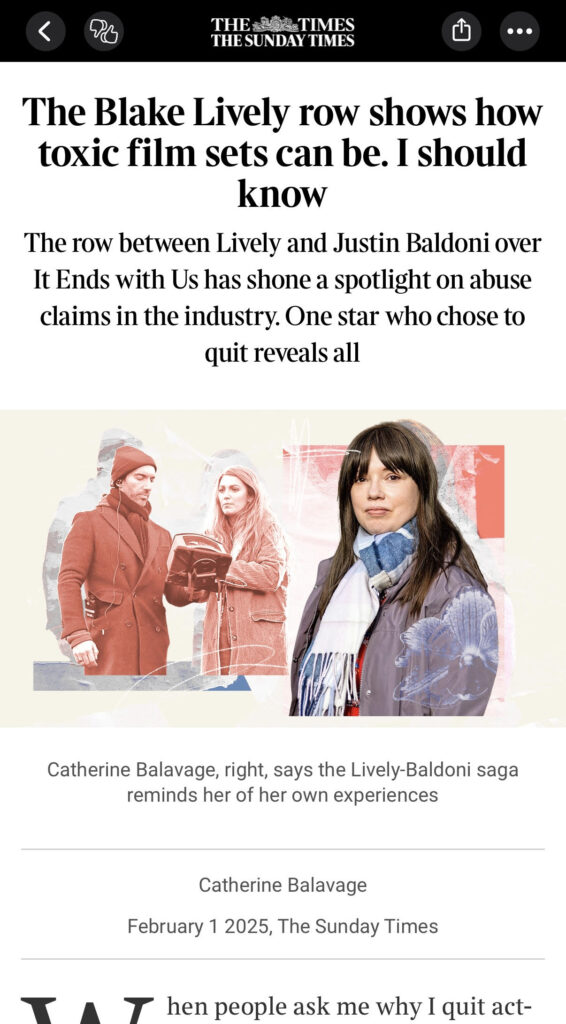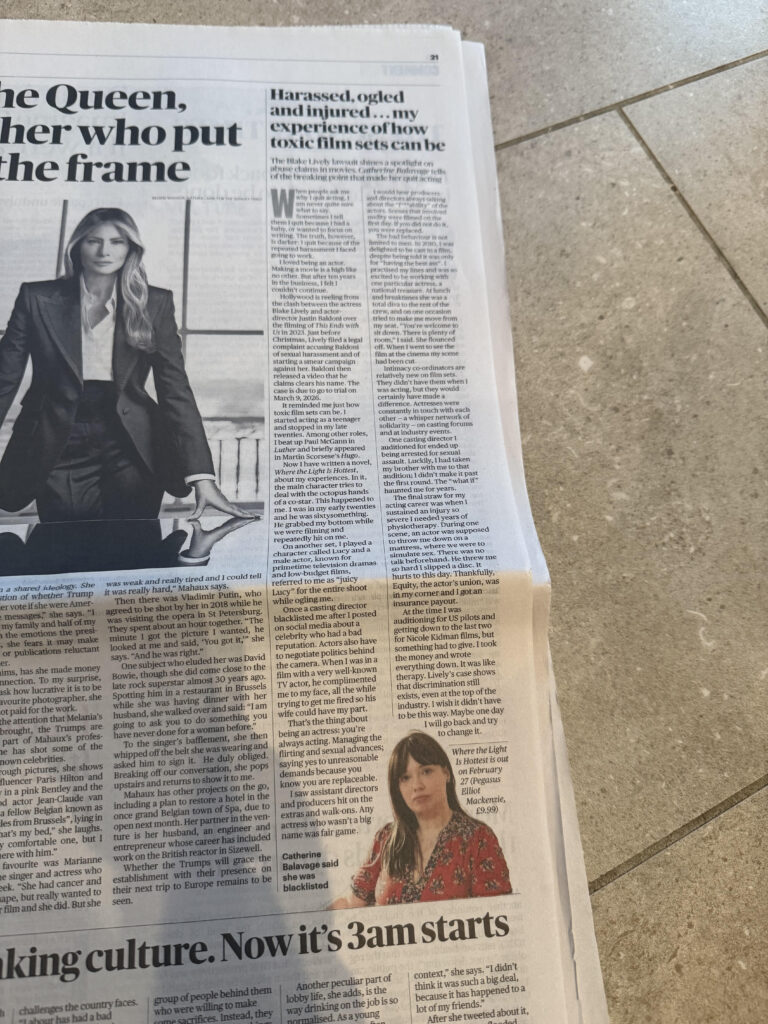JOHN
– Are you coming over or what? This pizza isn’t going to eat itself –
John stifled a groan. He slipped his mobile in his jean’s pocket as his mother came into the kitchen.
‘Why don’t you go out with your pals instead of getting under my feet?’ she said, pushing him away from the stove where he was warming his hands.
‘You want me to do the dishes?’ John picked up the frying pan from the hob; swirled around the oily residue in the base.
‘What’s this? Be kind to your mom day? Just go out for once.’
‘It’s snowing. And I’ve been out all day.’ He had. He’d been walking in the hills.
His mother gave him a look. Clearly that wasn’t the sort of going out that she meant.
He surrendered.
He picked up his down-filled jacket from the back of the chair where it had been drying, wrapped his scarf around his neck, and kissed his mother on both cheeks. ‘Okay. I’m off. Don’t wait up.’
His mother laughed her throaty laugh and shooed him towards the hall with the dishtowel.
It was a couple of months now since his breakup with Dee and it had taken all that time for him to finally acknowledged that there was no going back there.
And Sandi did make him laugh.
He waited until he was in his van before he replied to her message.
– On my way. Do you need anything from the store? –
He recognised the question as another delaying tactic. He’d have to wait for her reply. Although he really ought to go and buy something to take with him; something
© S Hehir 2021
for pudding maybe, to go along with the bottle of Pinot Noir he’d lifted from the wine rack before he left. Not flowers though. Wrong message with flowers.
The reply came back as quickly as he feared: – Just your sexy self will do –
He couldn’t stifle the groan this time. And when the image with the message finally downloaded, his groan turned into an anguished howl.
‘How the hell?’ he wailed as deafening hail hit the windscreen.
The photo was from last night and showed them standing near Sandi’s back door. Kissing. John’s arms loosely draped around Sandi’s waist. He remembered again her hand squeezing his buttock. You couldn’t tell from the image but he knew his eyes were firmly closed at this point. Which is why he wouldn’t have seen Sandi’s other hand, presumably taking the photo.
He would never have denied that they’d kissed, even though he’d had regrets since, especially when he considered where it might lead. But he really couldn’t understand her need to do this.
The engine caught on the second try. He let it turn over for a couple of minutes before he switched on the wipers to clear the icy rain from the windscreen, then put the van in gear. He’d be at Sandi’s in less than ten minutes.
SANDI
She checked again the message from John, and her reply. She needed him to come.
Tonight. Now.
Sending the picture was chancy though. It could just as easily make him never want to see her ever again. But John was a gentleman and he’d stick to his word. And, let’s face it, she knew that he’d never want to see her again after tonight anyway.
She stared in the bathroom mirror and applied another layer of concealer beneath her eyes. They were still puffy but the red splodges on her skin were less noticeable.
And she needed to get down to the kitchen; put the pizza in the oven; polish up the best wine glasses; light a few candles.
She almost hoped that he wouldn’t come. Or that he would reject her advances. Even though their kiss had been skin-shiveringly good. But the consequences of him not coming were far scarier.
There was no question about it – she had to go through with it. Whatever the outcome for John might be.
‘I’ll think of something,’ she told her reflection in the mirror. She’d been saying the same thing to herself ever since the email had arrived. The email containing the cloud link. The link that she’d clicked on before nearly passing out.
But whatever that ‘something’ might be, it still evaded her.
JOHN
Sandi’s parent’s car wasn’t on the drive; meaning they were out. Which was only to be expected, John reasoned. They were rarely at home.
Hesitating at the gate, the bottle of Pinot Noir almost slipped out of his hand. He
readjusted it, tucked it under his arm.
He purposely didn’t look up at the house, at the windows with their open curtains and lights beaming out. He concentrated his gaze on the snowy gravel path and made his way to the front door.
They were just friends, sharing a pizza. It didn’t have to go any further.
Who was he kidding?
SANDI
‘Don’t change your mind now,’ Sandi whispered as John wavered at the gate. She watched him from her eyrie, his movements like those of a condemned man. But he fiddled with the latch and kicked the gate closed behind him before slithering his way up the path.
She quickly flung a cardigan over her skimpy top, buttoning it up before she got to the front door. She didn’t give him time to ring the bell. She threw open the door and jumped up and down at the sight of him.
‘Come in. Come in.’ She couldn’t quell her delight at seeing him, with his handsome face and his mournful, deep blue eyes. John smiled at her. Looked like he was pleased to see her too. She needed to forget what the evening was all about for the next half an hour at least. Relax.
John half-filled her wine glass from the bottle he’d brought with him. John’s mum kept a stock of excellent wine that a rich cousin in Italy kept sending. She would sip at it. Try and appreciate the quality. Who was she kidding?
He poured just a few centimetres into his own glass.
‘Mum says hello,’ John said, sitting at the kitchen table.
‘Cool. Say hi to her from me.’ Sandi sat on the stool across from him and stretched out her hand; rested it beside his hand on the table. ‘Thanks for coming.’
She swallowed a sob that was trying to stop her breathing; put on a bright smile anyway.
‘No! Thanks for asking me.’
Why was he always the perfect gentleman?
John turned his head to look behind him. ‘Your parents are out.’
‘Yeah. Grannie’s got a cold. At least that’s what they said when they took the brandy with them.’ She added a little laugh and John gave a polite laugh in return. It was no good. She would have to make the first move if this evening was to go the way it had to.
JOHN
She was trying too hard. And even though she’d made attempts to cover up the evidence, John could tell she’d been crying recently.
He let her take hold of his hand. Her fingers were warm. Warm and comfortable.
The timer dinged on the oven and Sandi quickly moved away to take out the pizza. She still had a smile on her face but was that a tear creeping from the corner of her eye?
John swivelled off his stool and went to stand behind her; the hot air from the oven blasting over them both.
He let her put the pizza on the table before he took both of her hands in his. He pulled her towards him and she turned her face towards his. Their lips met in a gentle kiss.
‘Is everything okay?’ John asked as Sandi lay her cheek against his shoulder.
‘Yeah!’ she said. ‘All good.’
But her shaking body and her shallow breaths told him a different story.
‘Tell me what’s wrong.’
‘I can’t.’
‘Just say the words.’
‘I don’t want you to know.’ She tipped her head down and pushed knuckles into the corners of her eyes.
He was getting more worried now. This was so unlike Sandi. She was the bubbly one. The instigator of all mischief and foolishness in the gang. ‘But you called me up,’ he said. ‘Asked me to come over.’ He tried to lighten his tone. ‘Cooked a pizza without burning it this time.’
But Sandi still looked morose.
‘It can’t be that bad,’ he tried again.
‘Oh, it is,’ Sandi wailed. ‘And it’s not even my fault.’
‘Then let me help.’ The words came out before he could stop them.
Sandi eyed him at that. Sizing him up, he wondered. Assessing if he was up to solving whatever it was troubling her?
‘Come on then,’ she said at last. She stepped towards the door and held out her hand.
Nervous now, he said, ‘Where are we going?’
‘Upstairs. You need to see for yourself.’
JOHN
He sat on the edge of the bed while Sandi bustled about, shifting magazines around, scooping up bits of makeup.
‘Are you going to tell me then?’ he said eventually.
Sandi took a deep breath and covered her face with her hands. Then she logged into her tablet. ‘Emails,’ was all she said before she dashed out of the room.
John saw in a few moments what the issue was. The blackmailer, going by the nickname Skinz, was, as he explained plainly in his email, now in control of all Sandi’s apps and accounts. The ransom he’d demanded to allow the freeing of all said apps and accounts was also very clear and involved Sandi taking a compromising photograph of herself with a partner of her choice. By midnight tonight. A sort of Valentine’s Day selfie as Skinz put it. Sadly, there was more. Skinz had added that if Sandi failed in her task, then the linked file would be circulated throughout her entire contacts, and social media friends.
John clicked on the link.
‘I’ve seen it, Sandi. You can come back in now.’
‘It isn’t me,’ Sandi said, hovering in the doorway.
‘Of course it isn’t you. Skinz is obviously skilled in the photomanipulation field. And even though I’ve never seen you naked, I would know those are not your knees and feet.’
‘Because that’s what people will focus on first is it? The knees and feet.’
She had a point.
Skinz had conveniently pasted a list of twenty or so contacts that would be the first round of recipients if Sandi failed to comply at midnight.
‘Mrs McKinnon,’ Sandi groaned, reading from the list. ‘She was my first accordion teacher when I was seven.’
‘Mr Jacques,’ John added. Although John secretly thought Mr Jacques might not mind receiving the image.
‘Oh no. And Mrs Talbot,’ Sandi said. Their old Sunday School teacher.
‘Don’t you think it’s a bit odd that Skinz has picked these people first?’
But Sandi didn’t hear him; she was back in panic mode. ‘What shall we do? All these people. They can’t see this!’
John could only agree.
‘We can pretend, can’t we.’ Sandi gripped his shoulder and stared into his eyes. ‘Angle the camera so that your face is hidden. As long as Skinz sees me – you know – with somebody else.’
‘But if you play into his hands, if you send a picture – pretend or not – he won’t need to manipulate that photo to blackmail you.’
Sandi flopped back on the bed. Defeated. ‘You’re right. Why are you always right?’ ‘Sorry,’ John said.
‘And what I hate as much as anything is knowing he’s sitting in his sleazy den, imagining what we’re going through. What we’re doing.’
John stood up. Pacing the room wasn’t going to help but it was all he was capable of right now.
‘Should we—’ he started.
‘What?’ Sandi sat up straight, expecting him to have found the solution.
‘We ought to tell the police.’
‘I know. I couldn’t face it. And what can they do before midnight? There’ll be nobody at the station now.’
‘I’ll do it anyway,’ John said, thumbing his phone.
‘Oh God. No. What if Skinz doesn’t go through with it. Jackie will know and … and she’ll tell others.’
‘But he needs stopping,’ John tried to reason.
‘If you say so. But it’s not as if he’s demanding money or anything is it? He’s just a creepy nobody with no mates, thinking he’s a big shot because he can control people.’
She sprang to her feet at that. ‘Just a Billy No Mates,’ she said. ‘Well, he’s not going to control me! We’ll show him.’
John felt his stomach churn. What on earth had she thought up now.
‘Get everybody here. All the gang,’ Sandi instructed him. ‘Dee and Tom, and Frankie, and Rhona and Amy. Tell them it’s urgent and they have to come. And to bring a bottle.’
She sounded manic now. ‘Do it,’ she insisted as John swivelled his phone around in his hands. ‘I know tomorrow is going to be hell. And I’ve no idea how I’ll cope. But tonight, we’re going to let that saddo know what we think about him.’
They were all there in a matter of minutes, filling Sandi’s bedroom with bodies and questions and concern and noise and friendship.
‘Valentine’s Day selfie everyone,’ Sandi called at two minutes to midnight. They scrunched close to each other. Arms around waists, laughing. And each holding up their right hand, palm flat out, thumb at the horizontal, letting Saddo Skinz know just what a loser he was.
